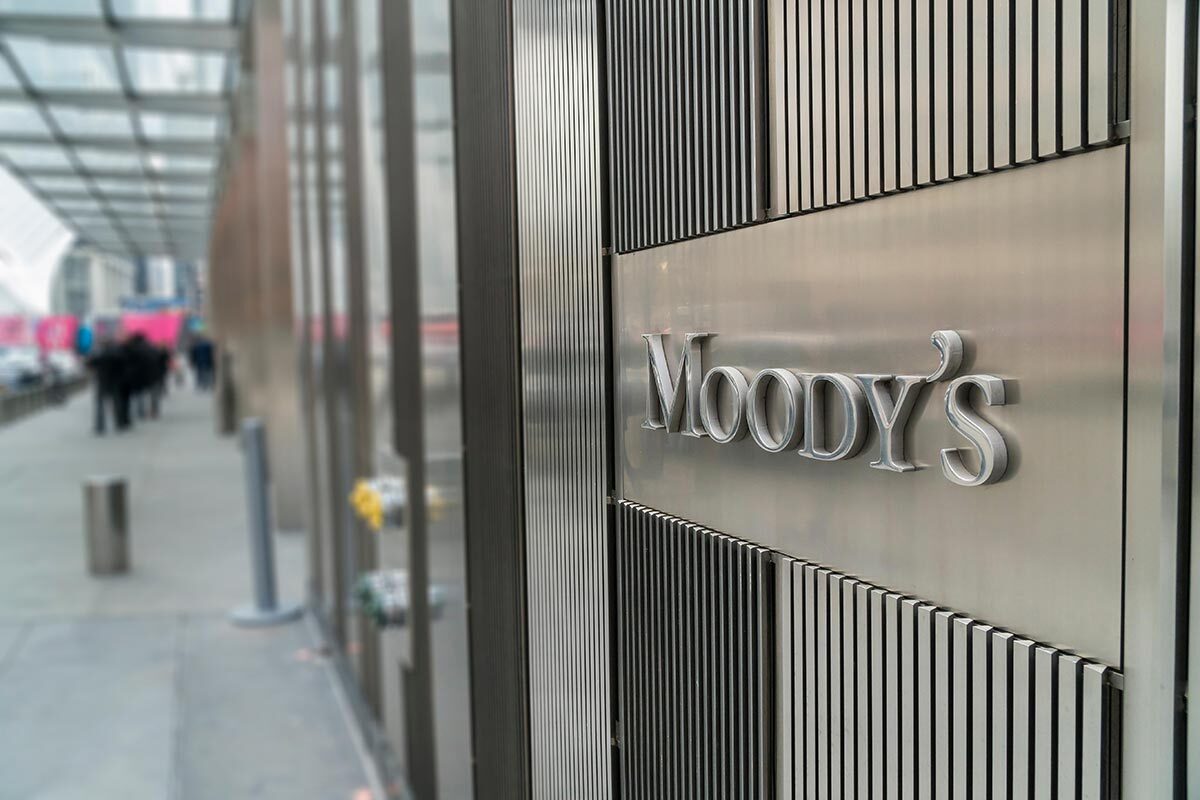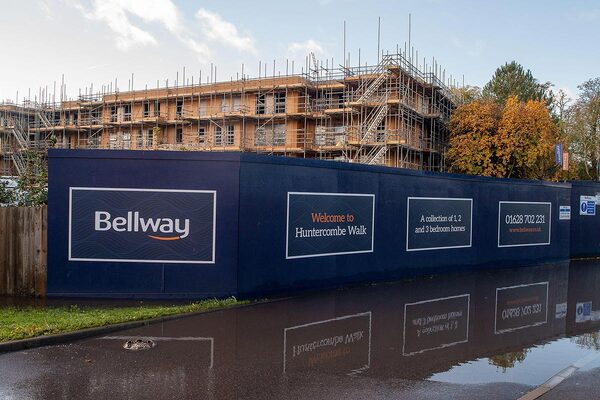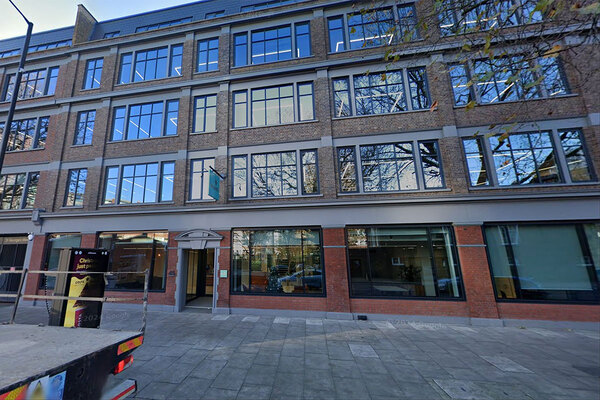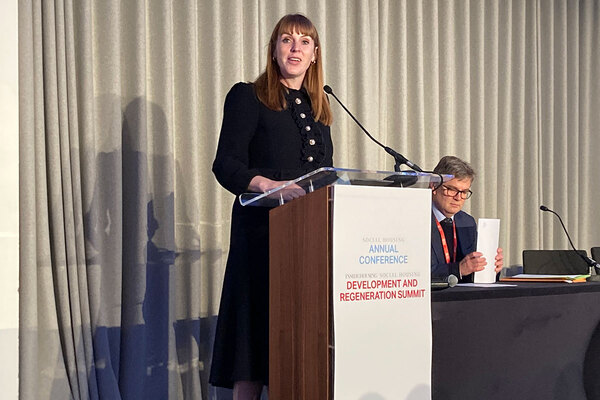You are viewing 1 of your 1 free articles
Moody’s expects mergers to continue to offset impact of rising costs and high interest rates
A new report by the credit rating agency said it expected the trend of consolation seen over the course of this year to continue, to address a number of issues facing the sector.
In its analysis, Moody’s said it expected to see more merger activity as landlords combine to increase scale to address the impact of rising mandatory costs, higher inflation and interest rates.
However, it also warned that credit risks can arise in the immediate aftermath of a merger because of the upfront costs.
The agency cited a number of proposed merger plans, such as Poplar Harca’s tie-up with Tower Hamlets Community Housing, which was announced in June.
This followed news in April of The Guinness Partnership and Shepherds Bush Housing Group’s tie-up plans, alongside a number of other merger announcements earlier in the year.
Moody’s points out that mergers and acquisitions can offer greater scale, efficiency and improved profitability and, over the medium term, consolidation can partly offset or diminish the negative impact of the weaker operating environment on credit quality.
In the immediate wake of a merger, however, credit risks can arise because of the upfront costs of integration, as well as strategic and implementation risks. Changes in strategic direction can also introduce uncertainty and credit risks.
Moody’s said some housing associations could, for example, decide to use their additional financial capacity to increase development, which can weaken their credit quality by increasing debt and development risk.
On the sector outlook, the agency noted a number of operating environment challenges.
It said: “Most housing associations have already cut or postponed their discretionary spending, including developments, to preserve financial strength.
“However, they still have significant amounts of compulsory spending to improve building quality, safety and environmental credentials in line with government regulations. This is weakening their operating margin, interest coverage and gearing.
“The effects of higher mandatory spending are compounded by sustained high inflation and rising interest rates, which result in higher development and operating expenditure and debt servicing costs. At the same time, the temporary ceiling on social housing rent increases in England and Wales means that housing associations cannot fully pass on the impact of higher costs to tenants.”
Moody’s warned that landlords with a substantial exposure to market sales are also vulnerable to falling house prices.
Inside Housing recently reported that landlords were looking to mitigate this by converting market sales to shared ownership.
Giulia Calcabrini, an analyst at Moody’s, said: “Mergers and acquisitions can offer greater scale, efficiency and improved profitability and, over the medium term, consolidation can partly offset or diminish the negative impact of the weaker operating environment on credit quality.
“In the immediate wake of a merger, however, credit risks can arise because of the upfront costs of integration, as well as strategic and implementation risks.”
The analysis from Moody’s comes after the news that Housing 21 and fellow older people’s housing specialist the ExtraCare Charitable Trust pulled out of merger talks yesterday.
They told the stock market they “have agreed that the two organisations can best serve their residents by remaining as separate entities and are therefore no longer intending to merge”.
Sign up for our development and finance newsletter
Already have an account? Click here to manage your newsletters












